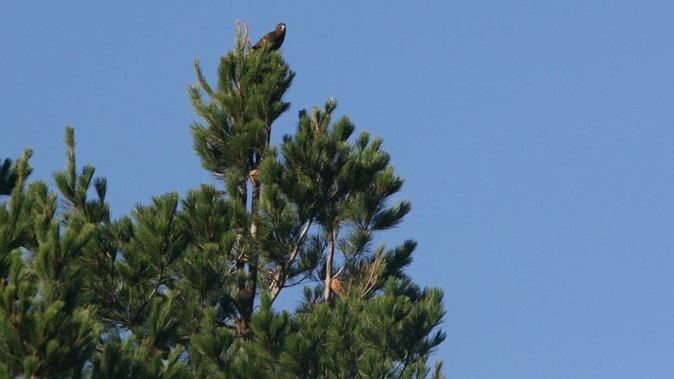
A forester claims a Ministry for Primary Industries decision to cut an $18 million swathe through his industry could result in significant job losses in Hawke’s Bay and Tairāwhiti.
New Zealand Institute of Forestry president James Treadwell says the planting side of the sector might be “gone” if a new fee structure isn’t removed.
As of October 19, landowners and foresters who participate in the Emissions Trading Scheme (ETS) will be charged an additional annual fee of $30.25 per hectare in perpetuity.
A Ministry for Primary Industries (MPI) spokesperson says the $29.8m it costs each year to run the forestry ETS has been 100 per cent taxpayer-funded until now.
But from October 19, 63 per cent of those “administrative costs” will instead fall to ETS participants, with the remaining 37 per cent still funded by the taxpayer.
The annual cost to the forestry industry of the new structure is about $18m, the MPI spokesperson said.
“These changes to the cost recovery settings were publicly consulted on prior to submission for Cabinet. Cabinet approved the changes and they were published on September 21, 2023.”
But Treadwell, a registered forester from Havelock North, says the costs are not something the industry can absorb.
He says the big losers will be those currently employed to plant native and pine trees across Hawke’s Bay and the East Coast.
“From a labour perspective - and I am estimating here - but across the two regions over the last three or four years, on average, it could be as much as 10,000 hectares [being planted] a year,” Treadwell said.
“Over the planting period, that probably employs at least a thousand people and that won’t happen anymore. It’s gone.”
It’s a dire prediction, but not only in the employment sense, Treadwell says.
As a result of the Ministerial Inquiry Into Land Use, some areas of Hawke’s Bay and Tairāwhiti are required to be planted with native trees to minimise erosion and forestry slash.
Treadwell says the $30.25 applies to that land as well.
Then there’s the ETS itself and the Climate Change Commission’s target of 300,000 hectares of new native forest which, again, comes with the $30.35 annual fee per hectare in perpetuity.
To cover that cost, Treadwell says foresters will have to pass the problem on to farmers.
/cloudfront-ap-southeast-2.images.arcpublishing.com/nzme/F4R4YMIHENCRLMFDKS5JQZ4GUU.jpg)
Forestry is an important industry in Hawke's Bay and Tairawhiti. Photo / Whakaata Māori
“I’ve got one farmer who is wanting to sell off about 120 hectares of their farm to cover their interest rates. I had to tell him the price has just dropped by $500 a hectare. He was pretty upset,” said Treadwell.
All of which has seen the New Zealand Institute of Forestry, the Climate Forestry Association, Ngā Pou a Tāne – The National Māori Forestry Association and the Forest Owners’ Association launch legal action against MPI to overturn the incoming fees regime.
While a new government could theoretically abandon the charges, Treadwell says the industry is in the legal battle for the long haul.
“At this stage, there are 550,000-odd hectares in the ETS, and we can say that over 400,000 of those hectares have come to us and said, ‘Yes, we support this action’, because it’s at great cost to them,” he said.
“And when I say support, not just supporting in words. They’re also prepared to put up funds.”
MPI declined to comment further on Treadwell’s comments because the matter was before the courts.
Hamish Bidwell joined Hawke’s Bay Today in 2022 and works out of the Hastings newsroom.
Take your Radio, Podcasts and Music with you









